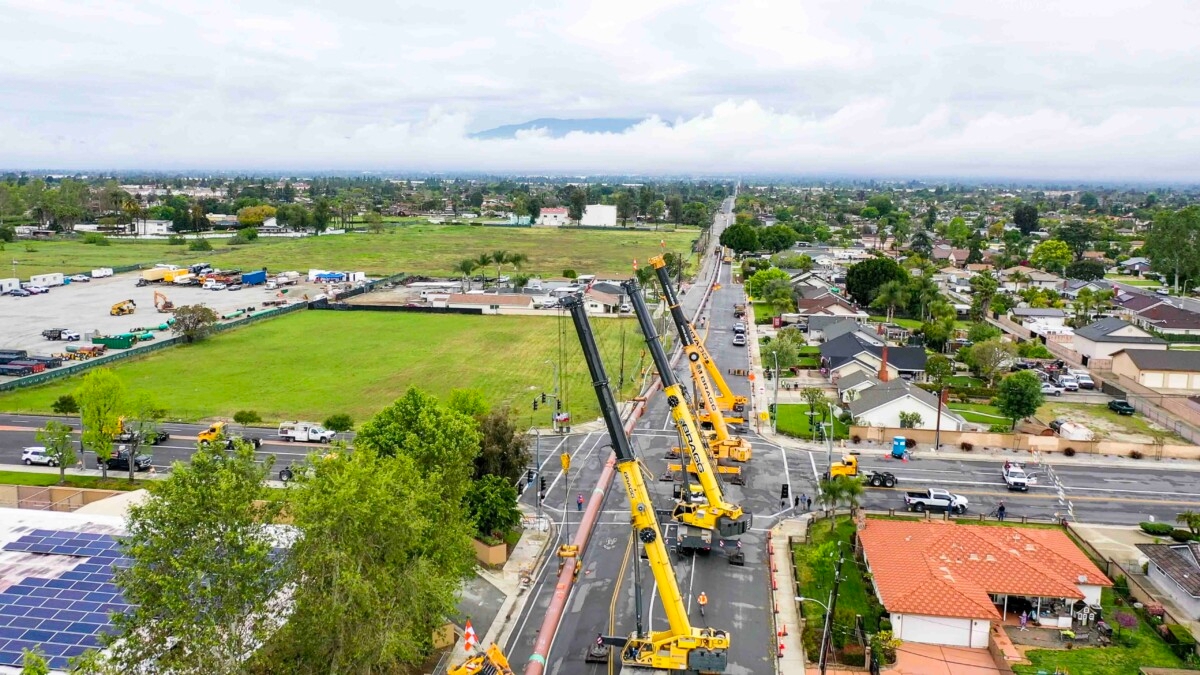Monday, September 27th, 2021
Emergence of Infrastructure Development Leads to Increasing Workforce Demand

Businesses need to evolve to keep up with the Construction Industry’s projected rapid growth in order to meet the needs of community development.
The recent global recession due to the COVID-19 pandemic has caused even further concern, prompting a discussion for a huge infrastructure overhaul in Congress. Analysts believe that investing in both current maintenance and new infrastructure would stimulate the economy, lower transportation costs, support expanding communities and create much-needed jobs.
Yet, if current employment trends are any indication, there will soon be a labor shortage in the construction industry, despite plenty of available work. Economists suggest that labor companies adapt their business model - and fast. The top suggestion? Diversifying your labor pool.
It is estimated that nearly 90 percent of the 10.8 million people employed by the construction industry are white, and just 11 percent are women, according to the Department of Labor. Despite efforts in recent decades to make the industry more inclusive, and some progress, a long history of exclusionary hiring practices and informal recruitment networks has blocked some groups from opportunities.
TMI is a national Minority-Owned Business (MBE) that prides itself on our inclusive work culture and hiring process. By hiring locally, we are able to support the communities we serve by both preserving their infrastructure, and bringing job opportunities to future employees.
By sourcing from a more inclusive work pool, businesses will be able to diversify their staff and keep up with the increasing demand for infrastructure projects nationwide.
The recent global recession due to the COVID-19 pandemic has caused even further concern, prompting a discussion for a huge infrastructure overhaul in Congress. Analysts believe that investing in both current maintenance and new infrastructure would stimulate the economy, lower transportation costs, support expanding communities and create much-needed jobs.
Yet, if current employment trends are any indication, there will soon be a labor shortage in the construction industry, despite plenty of available work. Economists suggest that labor companies adapt their business model - and fast. The top suggestion? Diversifying your labor pool.
It is estimated that nearly 90 percent of the 10.8 million people employed by the construction industry are white, and just 11 percent are women, according to the Department of Labor. Despite efforts in recent decades to make the industry more inclusive, and some progress, a long history of exclusionary hiring practices and informal recruitment networks has blocked some groups from opportunities.
TMI is a national Minority-Owned Business (MBE) that prides itself on our inclusive work culture and hiring process. By hiring locally, we are able to support the communities we serve by both preserving their infrastructure, and bringing job opportunities to future employees.
By sourcing from a more inclusive work pool, businesses will be able to diversify their staff and keep up with the increasing demand for infrastructure projects nationwide.
Get In Touch
[email protected]
© 2025 Traffic Management, LLC. | CA Lic #785804, C31/D42 | Certified MBE (Minority Business Enterprise) |
